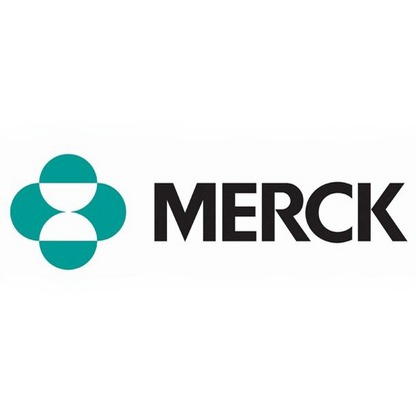
Merck & Co has won an accelerated approval from the U.S. Food and Drug Administration for its cancer drug Keytruda Tuesday, a treatment for patients whose cancers have a specific genetic feature.
It was the first time the U.S. agency has approved a cancer therapy based on a common biomarker rather than the location in the body where the tumor originated, FDA said in a press release.
Doctors can now prescribe Keytruda (ingredient: pembrolizumab) to patients with a particular cancer biomarker, a substance or process indicative of the presence of cancer, which is a milestone for the development of precision medicine that takes an individual’s variability in environment, lifestyle and genes into account.
The FDA uses the accelerated approval pathway for patients with serious diseases that have no adequate treatment or when a drug is likely to provide clinical benefits. Patients who have unresectable or metastatic solid tumors (with microsatellite instability-high (MSI-H) or mismatch repair deficient (dMMR) biomarkers) that have progressed despite treatment now have an alternative treatment with Merck’s cancer drug.
Merck’s cancer drug also has become the first to receive an approval of this kind, seeing a 1 percent increase in its shares following the announcement.
“This is an important first for the cancer community,” said Dr. Richard Pazdur, acting director of the Office of Hematology and Oncology Products in the FDA. “Until now, the FDA has approved cancer treatments based on where in cancer started, for example, lung or breast cancers. We have now approved a drug based on a tumor’s biomarker without regard to the tumor’s original location.”
MSI-H and dMMR tumors, which damage the DNA repairing process, “are found in colorectal, endometrial, and gastrointestinal cancers but also less commonly appear in cancers arising in the breast, prostate, bladder, thyroid gland and other places,” according to the FDA.
Researchers found the drug’s safety and efficacy in five uncontrolled, single-arm clinical trials with patients who have MSI-H or dMMR solid tumors.

